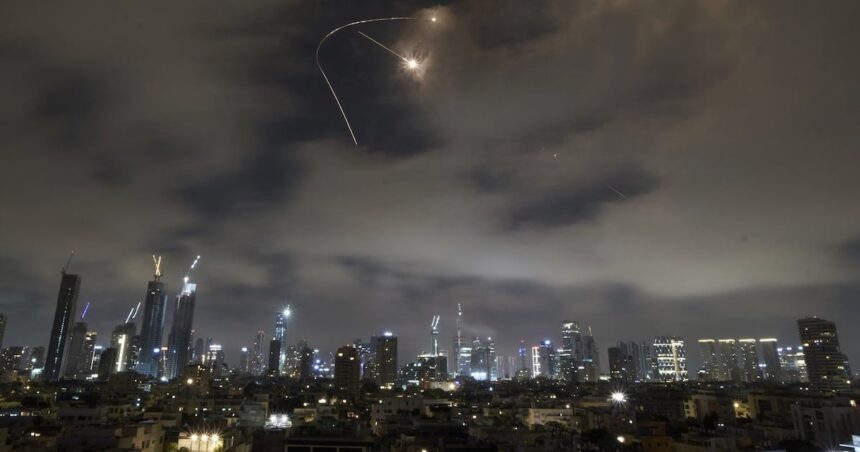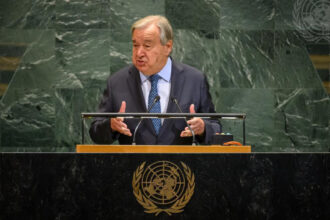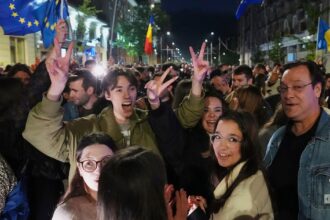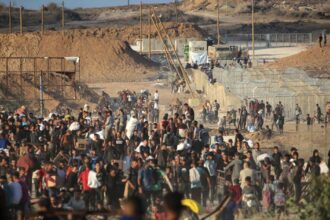The fragile Middle Eastern power balance has been dramatically altered as Israel launched a precision strike against an Iranian nuclear research facility early Thursday, marking a significant escalation in the ongoing conflict that has now entered its second week. The strike targeted a facility near Isfahan, which Iranian officials had previously claimed was solely dedicated to civilian energy research.
“This operation was executed with surgical precision to minimize civilian casualties while degrading Iran’s nuclear capabilities,” said Israeli Defense Minister Yoav Gallant in a statement released shortly after the attack. “We have clear intelligence confirming this facility’s connection to Iran’s military nuclear ambitions.”
Tehran has vehemently denied these allegations, with Foreign Minister Hossein Amir-Abdollahian calling the strike “an act of aggression against sovereign Iranian territory and scientific advancement.” Iranian officials maintain the facility was engaged exclusively in peaceful nuclear energy research in compliance with international agreements.
Satellite imagery analyzed by independent experts shows significant damage to several key structures within the compound, though the extent of the setback to Iran’s nuclear program remains unclear. The International Atomic Energy Agency (IAEA) has requested immediate access to the site to assess the situation, but Iranian authorities have yet to respond to this request.
The strike comes in apparent retaliation for Iran’s unprecedented direct attack on Israel last week, when Tehran launched over 300 missiles and drones toward Israeli territory. While most projectiles were intercepted by Israel’s Iron Dome defense system with assistance from U.S. forces in the region, the attack marked a dangerous new phase in the conflict.
Global powers have reacted with varying degrees of concern. U.S. President Joe Biden acknowledged Israel’s right to self-defense while urging restraint: “We support Israel’s security, but we also need to prevent a wider regional war.” Meanwhile, Russia and China have condemned the strike as a violation of international law and called for an emergency UN Security Council meeting.
Regional analysts suggest this calculated escalation could fundamentally reshape Middle Eastern dynamics. “Israel has crossed what Iran considered a red line by directly striking Iranian soil,” explains Dr. Sarah Levinson, senior fellow at the Institute for Middle East Security Studies. “The question now becomes whether Iran can afford to let this go unanswered without losing face, or if we’re witnessing the beginning of a more direct confrontation.”
Oil markets have responded dramatically, with Brent crude prices surging nearly 8% following the news, reflecting investor concerns about potential disruptions to energy supplies should the conflict expand further. Financial analysts warn of continued market volatility as tensions remain elevated.
For civilians caught in the crossfire, the human cost continues to mount. The UN estimates over 5,000 casualties across the region since the conflict began, with humanitarian organizations struggling to provide aid amid deteriorating security conditions.
As diplomatic efforts to broker a ceasefire continue to falter, the international community watches anxiously. Will this latest escalation finally bring both sides to the negotiating table, or are we witnessing the opening moves of a more devastating regional conflict that could draw in multiple powers?










